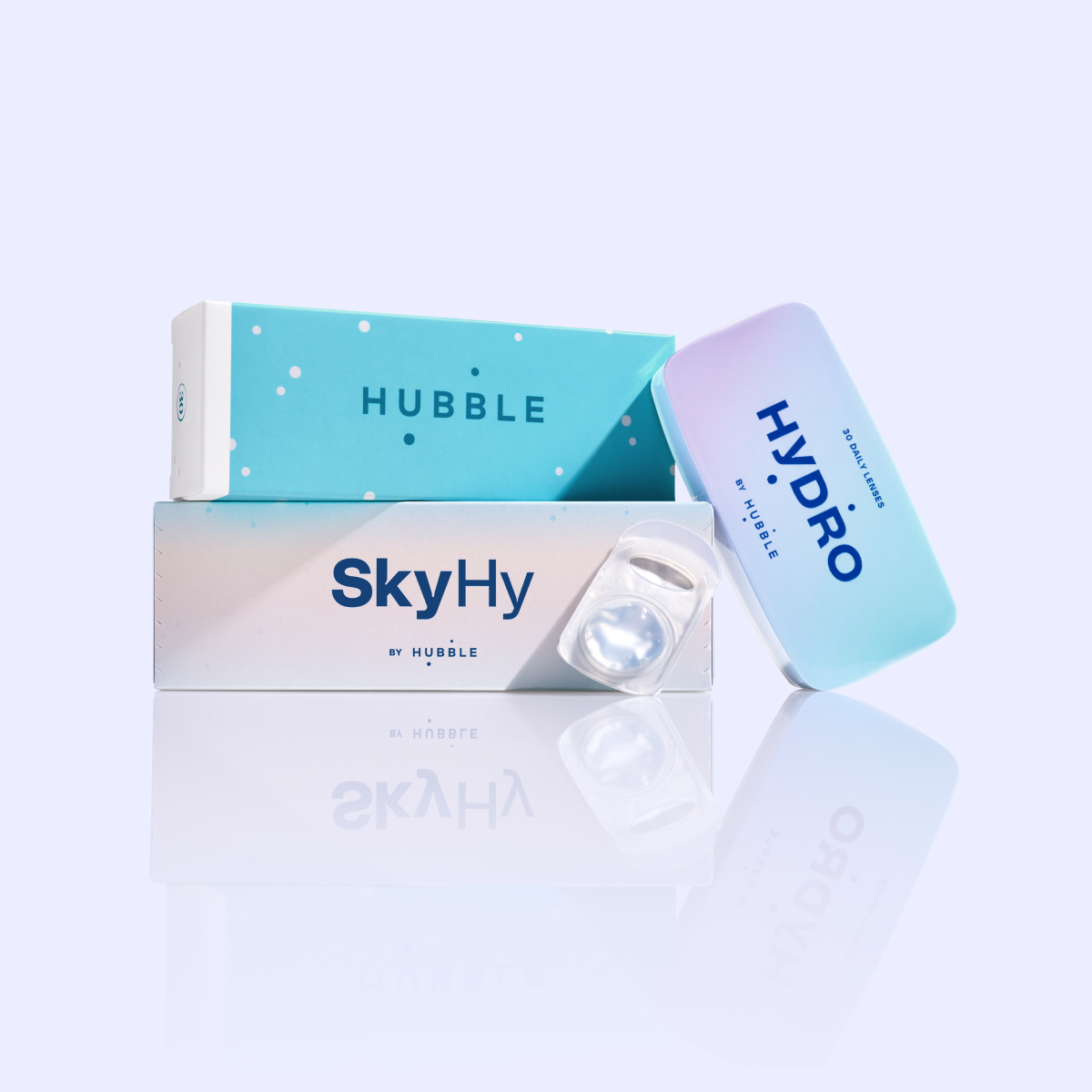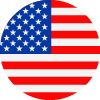Eye Health 101: Essential Nutrients for Vision Care

In the realm of eye health, especially for contact lens users, understanding the role of diet and nutrition is pivotal. This comprehensive guide delves into the essential nutrients that are vital for maintaining healthy vision and overall ocular health.
Nutritional Cornerstones for Healthy Eyes
Our eyes, like any other part of our body, require a variety of nutrients to function optimally. Here's a detailed look at some key vitamins and minerals that are crucial for eye health:
Vitamin A: Often associated with good vision, Vitamin A is crucial for maintaining the health of the cornea. It is found in foods like carrots, sweet potatoes, and leafy green vegetables.
Vitamin C: This powerful antioxidant, present in citrus fruits, berries, and bell peppers, plays a significant role in the health of ocular blood vessels and combats the damage caused by free radicals.
Vitamin E: Known for its antioxidant properties, Vitamin E protects the eyes from oxidative stress. Sources include nuts, seeds, and green leafy vegetables.
Zinc: Essential for transporting Vitamin A from the liver to the retina, zinc is found in oysters, beef, and poultry. It helps in the production of melanin, a protective pigment in the eyes.
Lutein and Zeaxanthin: These carotenoids filter harmful high-energy light waves and are found in high concentrations in the retina. Green leafy vegetables are excellent sources.
Omega-3 Fatty Acids: Critical for retinal health, omega-3s, found in fish like salmon and flaxseeds, are linked to a reduced risk of macular degeneration and dry eyes.
Impact of Diet on Eye Health
The connection between diet and eye health is significant. A diet rich in colorful fruits and vegetables provides a wide array of antioxidants that help protect the eyes. Studies have shown that nutrients like lutein and zeaxanthin reduce the risk of chronic eye diseases, including age-related macular degeneration and cataracts. Omega-3 fatty acids, known for their anti-inflammatory properties, are also beneficial for eye health, particularly in preventing dry eye syndrome.
Supplements: A Helpful Addition
While a nutrient-rich diet is the ideal way to obtain these essential vitamins and minerals, supplements can be a helpful addition, especially if dietary intake is insufficient. For example, omega-3 supplements can be beneficial for those who don't consume enough fatty fish. However, it's important to approach supplements as a complement to, not a replacement for, a healthy diet.
Special Considerations for Contact Lens Wearers
For those who wear contact lenses, maintaining optimal eye health is even more crucial. A healthy diet can support the overall health of the eyes, potentially reducing the risk of complications associated with lens wear. Additionally, staying well-hydrated and ensuring a balanced intake of these nutrients can aid in maintaining the necessary tear film, a vital aspect for the comfort of lens wearers.
Healthy Eyes with Hubble
Incorporating a variety of these nutrients into your daily diet is a proactive step towards maintaining healthy vision. For contact lens wearers, this is especially important to ensure that their eyes remain healthy and comfortable. Remember, while diet plays a crucial role in eye health, regular eye check-ups are also essential.
Hubble's range of daily disposable contact lenses, designed for comfort and convenience, can complement your eye care routine effectively. By focusing on both nutrition and proper eye care, you can enjoy the benefits of clear vision and healthy eyes.
Explore Hubble's daily contact lenses and other eye care products, and take a step towards embracing a lifestyle where optimal eye health and clear vision are a priority. Start your subscription today, and discover how you can pair nutrition with the right eye care products for your needs.



